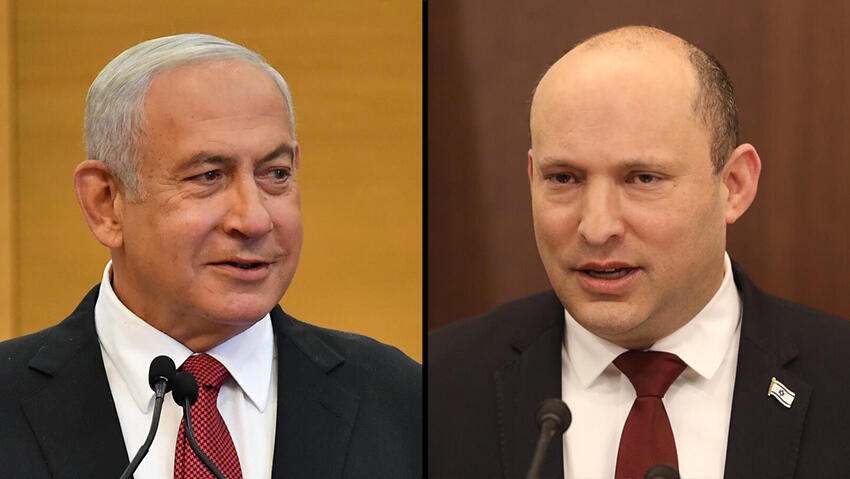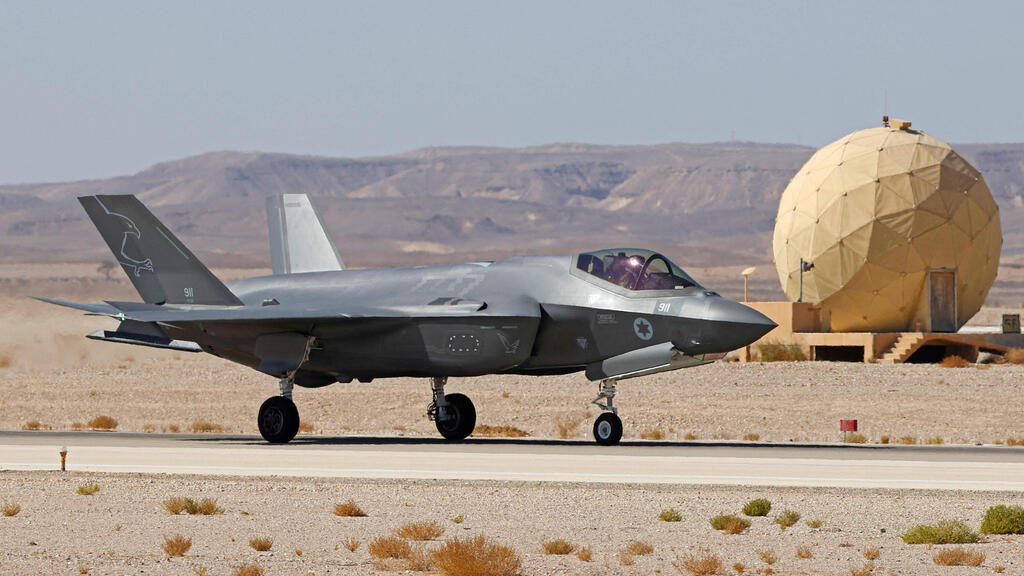Officials in the IDF confirmed the use of AI to pinpoint targets for airstrikes and advance logistical preparations for a strike on Iran, the Bloomberg network reported on Sunday. Israel is among only a few countries, including Russia, that have refused to sign an international agreement to regulate the military use of artificial intelligence,
Read more:
The advanced technological tool analyzes vast amounts of data for the selection of targets. In order to ensure maximum efficiency for future attacks, the military employs different AI models including one called Fire Factory which examines data from previous attacks to calculate ordnance loads, offer optimal timing schedules, and prioritize and assign thousands of targets to aircraft and drones.
The systems are supervised by human operators who examine and approve targets and aerial attack plans. However, the military's use of this technology is not subject to any international regulation or even national oversight. Supporters of artificial intelligence on the battlefield argue that advanced algorithms surpass human capabilities and can help minimize casualties.
Critics of the military relying too heavily on autonomous systems, warn of possible deadly consequences. The secretive nature of AI-powered weapons raises serious concerns worldwide, because the gap between semi-autonomous systems and fully autonomous killing machines may narrow rapidly. In such a scenario, machines would be authorized to operate independently, locate and engage targets, while humans would be completely removed from the decision-making process.
2 View gallery


Prime Minister Benjamin Netanyahu, and former premier Naftali Bennett
(Photo: Yoav Dudkevtich, GPO)
Prime Minister Benjamin Netanyahu, like his predecessor in office, Naftali Bennett, said he intends to make Israel an "AI superpower," on multiple occasions. But, the roadmap to achieving this goal has remained somewhat obscure. The Defense Ministry previously refused to disclose the extent of its involvement in the development of AI tools, and the IDF does not comment on private defense contracts. Unlike the race for nuclear armament, where possible leaks of military capabilities served as a major deterrent, autonomous systems utilizing AI are developed covertly by governments, militaries, and private defense companies.
In recent years, the IDF expanded its use of AI across various units. It operates a sophisticated digital architecture dedicated to processing vast amounts of military-use imagery, including aerial and satellite photos, drone imagery, electronic signals, online communications, and other data. A specialized unit within the Intelligence Corps is tasked with analyzing this information deluge. Some systems were developed by Israeli security contractors, while others, such as the StarTrack checkpoint cameras used for identification purposes, were developed by the military itself.
The IDF still refuses to address criticism from human rights groups over the use of facial recognition technology to monitor Palestinians at checkpoints on and from the West Bank. In the past, the military acknowledged there was a transparency question concerning how algorithms arrive at their conclusions but emphasized that the use of AI systems is meticulously scrutinized by soldiers who can also review the decision-making process.



